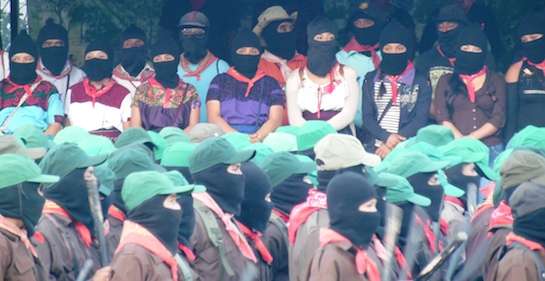Amnesty: Gitmo prison ‘stain on human rights’
Amnesty International called the Guantánamo Bay prison camp a "stain on human rights" on the eve of the facility's seventeenth anniversary. Guantánamo currently holds 40 detainees, many of whom were tortured by the CIA before being transferred to the facility. Some of the detainees have been cleared for transfer for years, but still remain at the facility. Some have been waiting for transfer as far back as 2010. Since its opening, the Guantánamo facility has housed around 800 prisoners, many without formal charges or due process. (Photo via Jurist)



